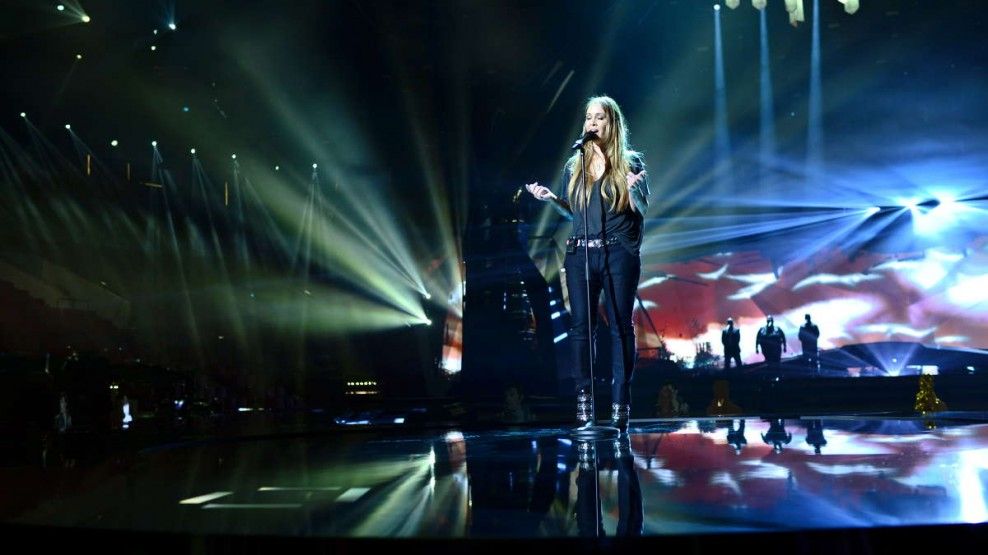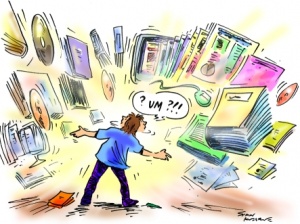"A thousand words
Were never spoken
They'll fly to you
They'll carry you home."
"A Thousand Words" - Final Fantasy X-2 Soundtrack
Quite recently, two Syrian journalists found resources from the UK government signed by the NATO in possession of the Islamic State. The resulting news sprung over social media quite fastly until the issue was fully forgotten, days later. The same case, and on the same topic, was given with news regarding a NATO executive who was mysteriously killed while investigating the origin of the wealth of the so-mentioned Islamic State. No western government had to offer any explanation regarding any of the two facts, and both were gone from the collective mind in not much more than a week.
We're constantly being told about horrible things nobody's doing anything about, we were literally told that we're being surveilled as we use the Internet or the telephone; literally, a man called Edward Snowden told us that. We were told, too, about
the US arming civil wars in countries like Yemen; literally, a man called Julian Assange told us that. And we're constantly being told about much more terrible issues no government is responding to, because there's no need to as there's no response either way.
We don't even have to go outside this country to find it. Here in Spain, we're constantly being told about corruption cases in the political parties we keep voting. In Autonomous Communities like Valencia votes are traditionally homogeneous in time; in the Valencian case, it's the PP being voted, but in Andalusia it's the PSOE and in Catalonia it's been CiU for so long, and all this time we've been knowing about corruption cases regarding and afeccting those very communities that voted them. Even in the state government we find a whole tendency towards corruption and forgiveness or oblivion, in all the political powers and even in the business and sindicates' areas.
We know, through the information we're given, that our country is stuck in a rotten static system that makes it impossible for Spain to have a heatlhy future, but still that system remains completely undamaged. The largest step taken by the citizens is going into manifestations nobody ever listens to besides those agreeing with it, and that, after the Internet has become the way to raise awareness and unionise the population, does pretty much nothing.
So, inside all of this, why isn't a revolution happening? We know we need it, we know we're trapped in a paradigm where the powerful can even overthrow a foreign government if it doesn't fit their interest, we know nothing is moving by itself and we know nothing is changing if not for worse. Well, the question to lead to that answer must rather be the following: what's the difference between the people who made revolutions and us?
Our world has changed a lot in many different ways, every generation is different from the previous and every time brings a new way to see things. But I think we can all agree that our evolution has been quite linear overall; all this time, we've been moving towards a single direction. We now live in a world where the norm is receiving tons and tons of information of radically different kinds in radically different ways: we watch the news, where they tell us how
the UK has admitted that they invaded Libya using lies as a justification and, thirteen seconds later, how
an actor took a picture with a famous cat. At the same time this happens, we look at our phones, scrolling through our Twitter timeline, and looking at more countries, more lies, more actors, more cats and even porn in some cases; meanwhile, we might even be listening to music as well, being then conditioned by how the song we're hearing makes us feel, and the list goes on and on.
The thing, then, is that we're stuck, trapped, inside a "tweet culture," where information is reduced to a 140-character-long or maybe a 13-second-long pill to be swallowed right after another radically different one and before even another with a completely different taste. From here on, it's easy to respond to the main question: a revolution isn't happening because we don't have time to think about the information that would cause it in order to have an emotional response, hence, start that revolution. We don't judge the information we're given anymore because we're not given the time to think about it, we then just think in short phrases, tweets, that we didn't even create ourselves but were directly taken from what we were told.
The solution to this is introspection. We know the things we say publicly in the social media are part of that succession of pills and won't be heard or remembered, so the only thing we can change by ourselves is, guess what, ourselves. We need to lose the laziness towards choosing a thousand words in an article rather than a hundred letters in a tweet, we need longer inputs, we need to give more time to the information we're given and to ourselves, we need to silence our phones and focus on one thing at a time, think, valorate, judge, have an emotional response and, from that response, create something new.
_-002.jpg/200px-Atelier_de_Nicolas_de_Largilli%C3%A8re%2C_portrait_de_Voltaire%2C_d%C3%A9tail_(mus%C3%A9e_Carnavalet)_-002.jpg)


